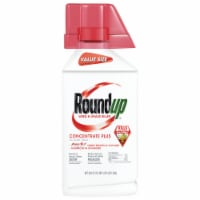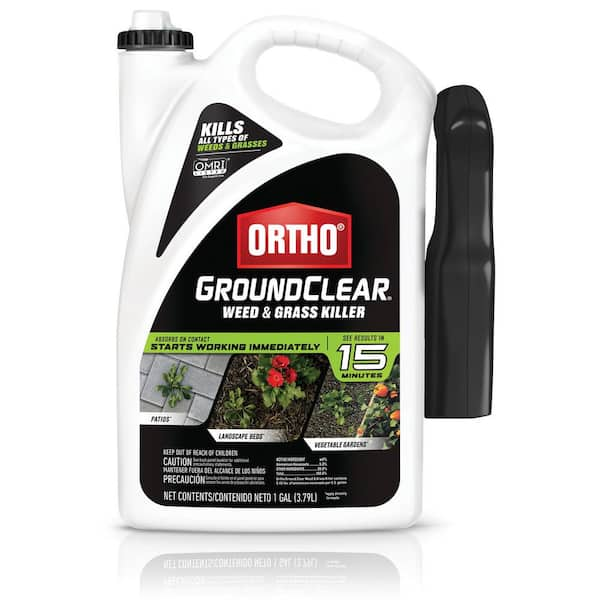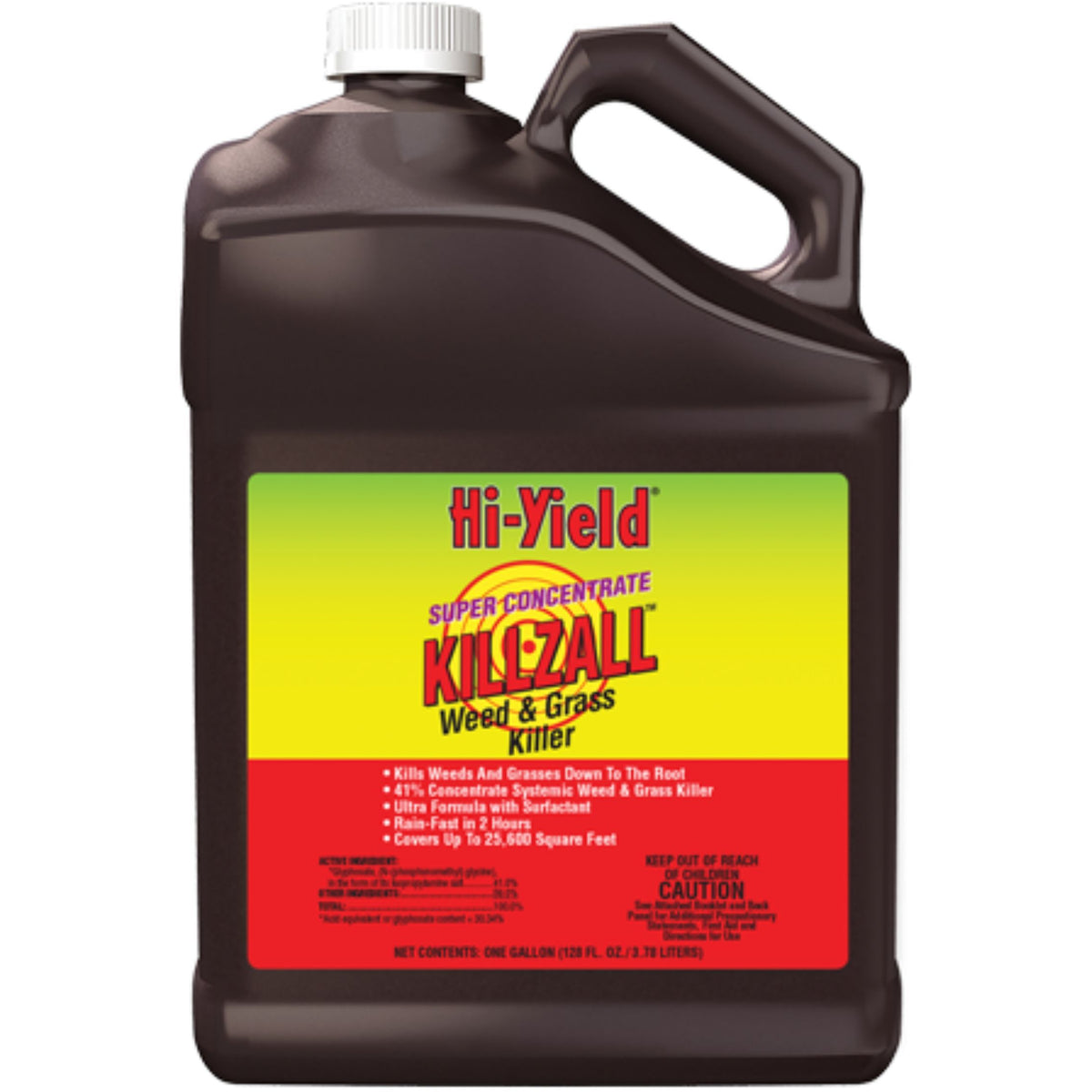The Grass Killer That Will Make Your Lawn Look Amazing
The Grass Killer That Will Make Your Lawn Look Amazing
A lush, green lawn is the envy of the neighborhood. But it takes more than just mowing to keep your lawn looking its best. Weeds are a constant problem, and they can quickly take over if you're not careful.
If you're looking for a way to get rid of weeds and keep your lawn looking amazing, then you need to try a grass killer. Grass killers are designed to kill weeds without harming your grass. They come in a variety of formulas, so you can find one that's right for your lawn.
In this blog post, we'll take a look at some of the best grass killers on the market. We'll also discuss how to use grass killers safely and effectively.
What is a Grass Killer?
A grass killer is a herbicide that is specifically designed to kill weeds. It does this by targeting the weed's leaves and stems. The herbicide will then be absorbed by the weed and transported to its roots, killing the plant.
Grass killers come in a variety of formulas, including liquid, granular, and spray. Liquid grass killers are the most common type. They are easy to apply and can be used on a variety of surfaces. Granular grass killers are less common, but they are more effective at killing deep-rooted weeds. Spray grass killers are the best option for spot-treating weeds.
How to Choose a Grass Killer
When choosing a grass killer, there are a few things you need to keep in mind:
- The type of weeds you have: Some grass killers are more effective at killing certain types of weeds than others. Make sure to choose a grass killer that is specifically designed to kill the weeds in your lawn.
- The size of your lawn: If you have a large lawn, you'll need a grass killer that comes in a large container. If you have a small lawn, you can get away with a smaller container.
- The time of year: Some grass killers should only be used during certain times of the year. Make sure to read the label carefully before you apply a grass killer.
How to Use a Grass Killer Safely
When using a grass killer, it's important to follow the safety instructions on the label. Here are a few general safety tips:
- Wear gloves and eye protection when applying a grass killer.
- Apply the grass killer on a calm day, when there is no wind.
- Do not apply the grass killer on a hot day.
- Do not apply the grass killer to wet grass.
- Keep children and pets away from the area where you are applying the grass killer.
How to Get Rid of Weeds Without Using a Grass Killer
If you're looking for a more natural way to get rid of weeds, there are a few options available to you. Here are a few methods:
- Pulling weeds: This is the most basic method of weed removal. It's effective for small areas, but it can be time-consuming and labor-intensive.
- Hand-weeding: This is a more efficient way to pull weeds than pulling them by hand. A hand-weeder has a long, thin blade that you can use to dig up the weed's roots.
- Mulching: Mulch is a layer of organic material that you can spread on your lawn. It helps to suppress weeds by blocking out sunlight and moisture.
- Cover cropping: Cover cropping is a method of planting a cover crop, such as clover or oats, in your lawn. The cover crop will help to crowd out weeds and improve the health of your lawn.
Conclusion
A lush, green lawn is a beautiful thing. But it takes work to keep your lawn looking its best. Weeds are a constant problem, but there are a variety of ways to get rid of them. If you're looking for a quick and easy way to kill weeds, then a grass killer is the way to go. Just be sure to choose a grass killer that is safe and effective for your lawn.
Are you looking for a way to get rid of those pesky weeds in your lawn? If so, you've come to the right place. Garden Wiki is a comprehensive resource for all things lawn care, including grass killers.
At Garden Wiki, you'll find a wide variety of grass killers to choose from, each with its own unique benefits. Whether you're looking for a non-selective herbicide that will kill all types of weeds, or a selective herbicide that will only kill certain types of weeds, Garden Wiki has you covered.
In addition to providing information about different types of grass killers, Garden Wiki also offers helpful tips on how to use them safely and effectively. So whether you're a DIY lawn care enthusiast or you're just looking for some peace of mind, Garden Wiki is the perfect place to learn more about grass killers.
FAQ of grass killer
- What is grass killer?
Grass killer is a chemical or biological agent that is used to kill unwanted grasses. It can be used to control weeds in lawns, gardens, and other areas where grass is not desired.
- How does grass killer work?
There are two main types of grass killer: contact killers and systemic killers. Contact killers work by killing the leaves of the grass plant. When the leaves come into contact with the killer, they will start to wilt and die within a few hours. Systemic killers, on the other hand, are absorbed by the leaves and roots of the grass plant and travel throughout the entire plant, killing it from the inside out.
- What are the different types of grass killer?
There are many different types of grass killer available, each with its own strengths and weaknesses. Some of the most common types include:
- Glyphosate: A contact killer that is effective against a wide variety of weeds.
- Triclopyr: A systemic killer that is effective against woody plants, such as shrubs and trees.
- Imazapyr: A systemic killer that is effective against grasses and broadleaf weeds.
- Diquat: A contact killer that is effective against annual weeds.
- Paraquat: A contact killer that is effective against both annual and perennial weeds.
- How do I use grass killer safely?
When using grass killer, it is important to follow the instructions on the label carefully. Always wear protective clothing, such as gloves, long sleeves, and pants, when applying grass killer. Do not apply grass killer on windy days, as the wind can blow the chemical onto other plants that you do not want to kill. Do not apply grass killer to areas where children or pets play.
- What are the environmental effects of grass killer?
Grass killer can have harmful effects on the environment, especially if it is not used properly. It can contaminate waterways and kill fish and other aquatic life. It can also kill beneficial insects, such as pollinators. If you are concerned about the environmental effects of grass killer, you may want to consider using a more environmentally friendly alternative, such as vinegar or corn gluten meal.
Image of grass killer
Here are 5 different images of "grass killer" from pinterest.com:




Post a Comment for "The Grass Killer That Will Make Your Lawn Look Amazing"